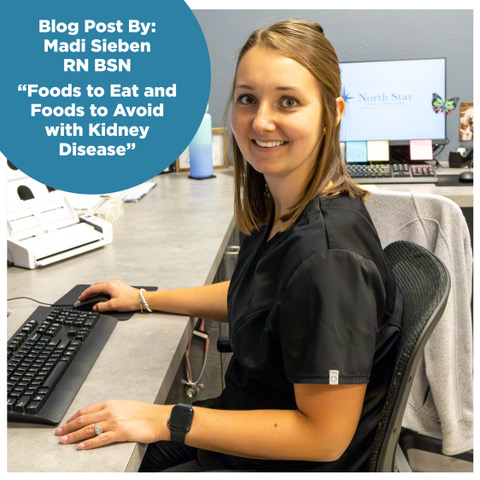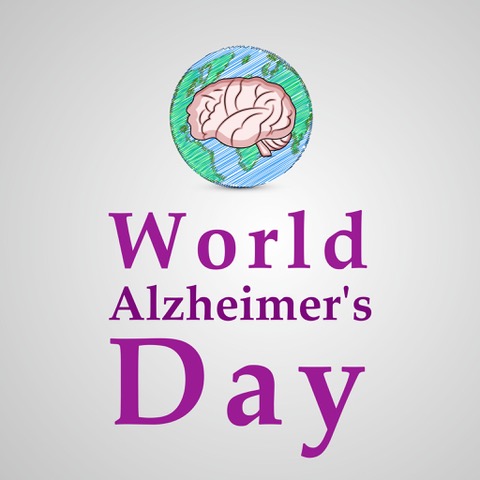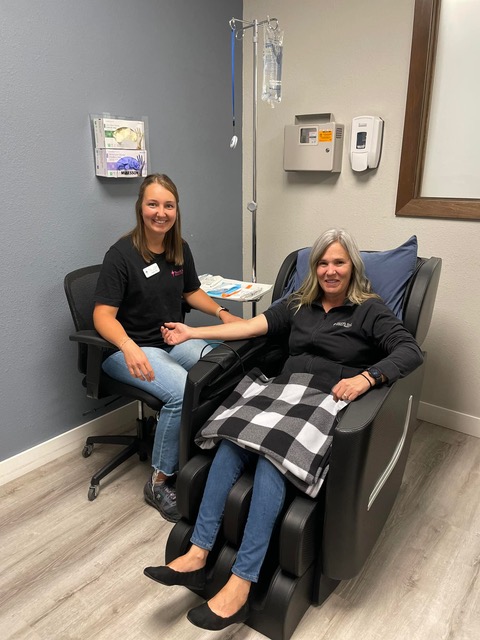Food is not just the fuel that makes your body run. What you eat forms the building blocks for your cells. You really are what you eat. So, your food can, and does, affect your health. When you have Chronic Kidney Disease, one way to feel better and protect your kidneys is to take a close look at what you eat. See if you might want to make some changes to your diet. Your care team may give you some tips as well.
Everyone needs some sodium (found in salt) to help control fluid balance and blood pressure. But many of us get far more salt in our diets than is healthy, therefore it can raise your blood pressure and further harm the kidneys. Here are foods that are high in sodium: canned soups, stews and vegetable, condiments, cheeses, crackers, pretzels, chips, frozen and boxed meals, pickled foods like pickles and olives, processed meats like bacon, hot dogs and deli meats, sauces like spaghetti and pizza sauce. Try to avoid salt substitutes as they typically contain potassium. Ask your health care team how much sodium you should consume in a day.
Healthy kidneys keep potassium in a tight range in your blood as it can affect your heart. With kidney disease, your body cannot get rid of excess potassium, and it can build up in your body and become unsafe. There are foods you should avoid or limit, such as avocados, bananas, mango, melons, oranges, dried fruits, dried beans, peas, lentils, nuts, potatoes, sweet potatoes, carrot juice, tomatoes, spinach, beets, squash, fish, milk, yogurt, molasses, parsnips. Potatoes and squash can be boiled and drained and boiled again to reduce the potassium in them.
Your body needs protein to build muscle, red blood cells, hormones, and more. But protein waste can be hard on weak kidneys. Ask your health care provider or dietician how much protein you should aim for. Learn protein content of foods you like and watch portion sizes.
Weak kidneys cannot remove as much phosphorous as healthy kidneys. Try to limit your phosphorous intake. Phosphorous is in meat, fish, dairy, nuts, cola drinks. Some providers may prescribe a phosphate binder to take with food to help remove phosphorus.
When it comes to fluids, do not drink soda as that contributes to kidney damage, but be sure to drink plenty of water, drink when you are thirsty. For the kidneys to work, they need blood flow, so, stay hydrated. You should not need to limit fluids unless you have fluid retention or swelling.
It might sound like there are a lot of foods you should avoid, but here is a list of good foods that support kidney health: berries, apples, pears, grapes, broccoli, cauliflower, Brussel sprouts, onions, asparagus, green beans, chicken, turkey, eggs, brown rice, quinoa, oatmeal, whole wheat bread, air popped popcorn, olive oil. Fast food and junk food might be cheap and tasty, but just one menu item may have enough calories and salt for a full day. Not used to cooking? Ask a friend to teach you, take a class, or use YouTube. There are lots of easy, quick, healthy meals online. Also, consider limiting sweets and starches to help improve your health.
*Food and fluid recommendations change if you are on dialysis.




